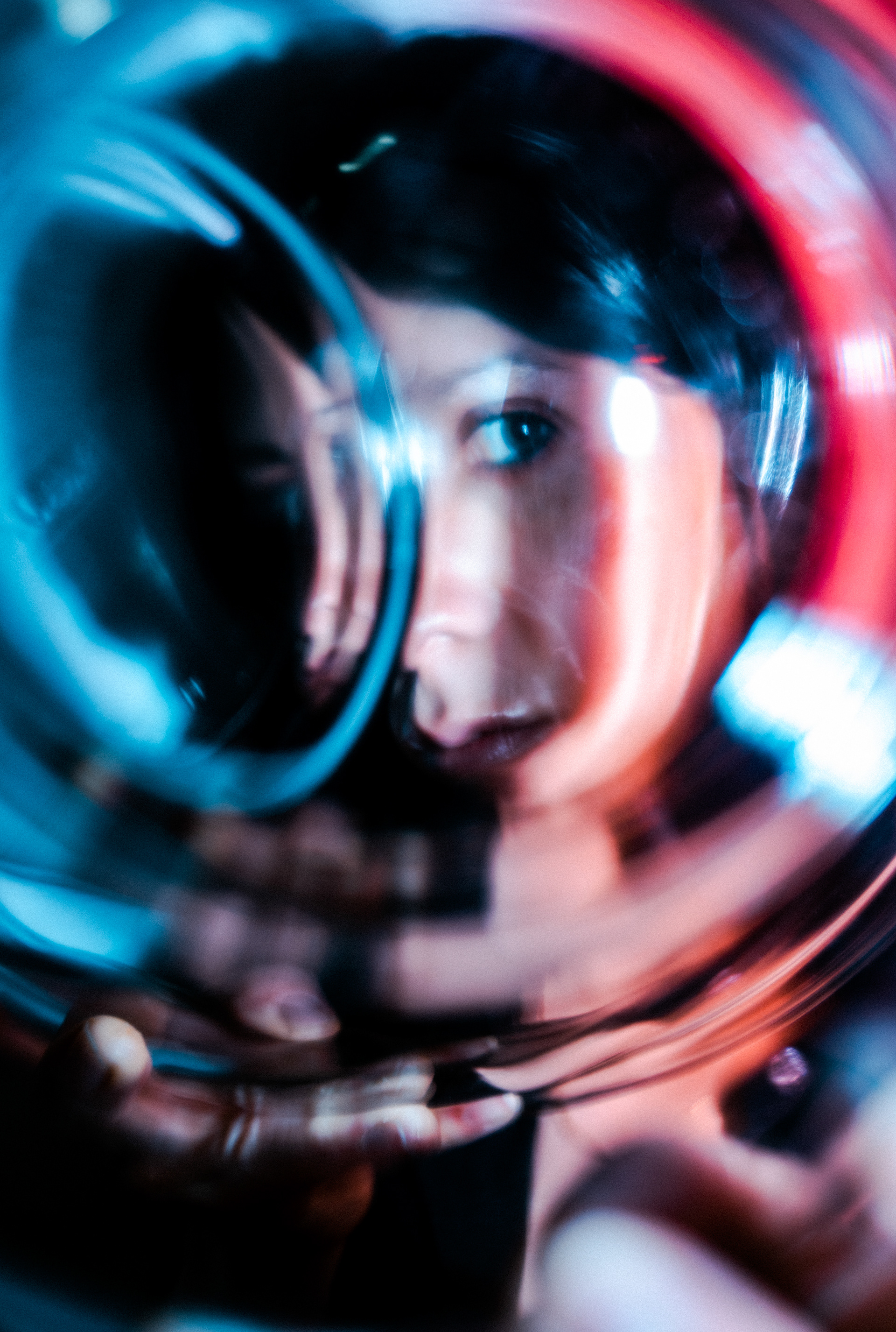"THAT'S THE FRAMEWORK PROJECT" 2020-2021
GUEST ARTIST: K.FLAY
TOPIC: REDUCE REUSE RECYCLE
GUEST ARTIST: K.FLAY
TOPIC: REDUCE REUSE RECYCLE
The average American tosses 4.4 pounds of trash every single day. 60 million plastic cups are sent to the landfill. I see it firsthand at music venues in Los Angeles and all around the country - plastic cups and straws littering the floor after the band plays their last note. It's a mess.
Recycling is great, but it doesn't solve this problem.
Only about 9% of all recyclables are ever successfully recycled. The rest is often sent to landfill.
So here are a few tips that can help to change that 9% to 99%.
Only about 9% of all recyclables are ever successfully recycled. The rest is often sent to landfill.
So here are a few tips that can help to change that 9% to 99%.
Did you know all recyclables need to be CLEAN before putting them in the bin? I didn't until last year. That means rinsing them out fully. Seriously. If your recycling is greasy or soaked with coffee, waste managers might not be able to find buyers for the materials — especially now that China, one of the world’s main importers of recyclable waste, has said it will reject shipments that are more than 0.5 percent impure. Contaminated loads of recyclables could be sent to the landfill instead.
Wash off your plastics. Rinse out your aluminum. Reuse your glass containers.
Fill them with plants, keep spices in them or turn them into storage.
Wash off your plastics. Rinse out your aluminum. Reuse your glass containers.
Fill them with plants, keep spices in them or turn them into storage.


“things you think you can recycle but you actually can't.”
ONE:
Grease-soaked boxes and other cardboard containers, or anything with leftover food particles. They damage / contaminate other recyclable materials. (We went over this already, but seriously, it’s important.) If you can’t wash it out, toss it in the trash.
Grease-soaked boxes and other cardboard containers, or anything with leftover food particles. They damage / contaminate other recyclable materials. (We went over this already, but seriously, it’s important.) If you can’t wash it out, toss it in the trash.
TWO:
Styrofoam cannot be recycled and it does not biodegrade!! Avoid it as often as you can. Encourage your local take out restaurant to ditch styrofoam if they’re able. Or bring a container from home for your take out.
THREE:
Plastic bags and other soft plastics are difficult to recycle because of their form. Most curbside recycling collection systems and processing equipment are designed to separate rigid materials like cans, bottles, or paper products. If the plastic material in question can be wrapped around your finger, it doesn't belong in your recycle bin. Check to see if your community’s curbside recycling program accepts plastic bags. If they’re not accepted, take them to a drop-off recycling location. Most large grocery chains, home improvement stores, and retailers provide collection bins for clean and dry soft plastics such as: grocery bags, newspaper delivery bags, bread and produce bags and plastic cereal box liners.
FOUR:
Coffee cups. Unfortunately. Disposable coffee cups might seem like they can be recycled, but most single-use cups are lined with a fine film of polyethylene, which makes the cups liquid-proof but also difficult and expensive to reprocess (because the materials have to be separated). Most waste management facilities will treat the cups as trash. Just another reason to bring your cup from home to your local spot. You can buy a reusable coffee mug (and other eco-friendly reusable starters here.)
Styrofoam cannot be recycled and it does not biodegrade!! Avoid it as often as you can. Encourage your local take out restaurant to ditch styrofoam if they’re able. Or bring a container from home for your take out.
THREE:
Plastic bags and other soft plastics are difficult to recycle because of their form. Most curbside recycling collection systems and processing equipment are designed to separate rigid materials like cans, bottles, or paper products. If the plastic material in question can be wrapped around your finger, it doesn't belong in your recycle bin. Check to see if your community’s curbside recycling program accepts plastic bags. If they’re not accepted, take them to a drop-off recycling location. Most large grocery chains, home improvement stores, and retailers provide collection bins for clean and dry soft plastics such as: grocery bags, newspaper delivery bags, bread and produce bags and plastic cereal box liners.
FOUR:
Coffee cups. Unfortunately. Disposable coffee cups might seem like they can be recycled, but most single-use cups are lined with a fine film of polyethylene, which makes the cups liquid-proof but also difficult and expensive to reprocess (because the materials have to be separated). Most waste management facilities will treat the cups as trash. Just another reason to bring your cup from home to your local spot. You can buy a reusable coffee mug (and other eco-friendly reusable starters here.)
“things you think you can recycle and you actually can.”
ONE:
Flattened cardboard, newspaper, magazines, office paper and common mail can be recycled as long as they aren’t contaminated by food, liquid or waste.
TWO:
While hard plastic containers like water bottles, milk jugs and detergent containers can go in your container, flexible plastics can’t! Remember to check here.
THREE:
Before recycling food and drink cans, remove paper or plastic labels and clean out any residual materials. Aluminum is one of the most recycled -- and most recyclable -- materials on the market today. Nearly 75 percent of all aluminum produced in the U.S. is still in use today. Aluminum can be recycled directly back into itself over and over again in a true closed loop.
Flattened cardboard, newspaper, magazines, office paper and common mail can be recycled as long as they aren’t contaminated by food, liquid or waste.
TWO:
While hard plastic containers like water bottles, milk jugs and detergent containers can go in your container, flexible plastics can’t! Remember to check here.
THREE:
Before recycling food and drink cans, remove paper or plastic labels and clean out any residual materials. Aluminum is one of the most recycled -- and most recyclable -- materials on the market today. Nearly 75 percent of all aluminum produced in the U.S. is still in use today. Aluminum can be recycled directly back into itself over and over again in a true closed loop.